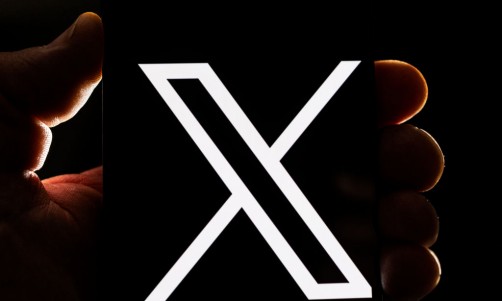Technology today has given way for people with disabilities to have an easier life. A disability like Cerebral Palsy can prove to be difficult for anyone who has it. It affects different aspects of a person's life from a social, mental, and physical standpoint.
This motor disability occurs in one out of 345 children. Those odds are high, and it warrants the creation of tools or devices to help the people who are afflicted. Assistive technology and adaptive equipment are available, you just have to know what they are.
These technologies and equipment improve children's ability to function allowing them to participate in more activities, enhance learning, and improve mobility, as mentioned in cerebralpalsyguidance.com.
Wheelchair
Some people who have cerebral palsy have difficulties with motor control. That's why it's important to find out what would make their lives easier. For those who have no leg strength, a wheelchair could be the best option for them. It allows people with CP to get to places even without the use of their legs.
Since other children also struggle with motor impairment in their upper bodies, there are also electronic wheelchairs that require minimal muscle force to operate.
Gait Trainer
If you feel like they are capable of walking with some assistance, a gait trainer is a way to go. It will serve as a tool to develop their walking skills. Some gait trainers have a built-in harness while others are designed for postural alignment, according to flintrehab.com.
Read Also: New Google App Aids People with Speech Impairment: How to Join Project Relate Beta Test to Help
Communication Board
Speech impairment is also one of the disabilities that may come with cerebral palsy. This can affect their connection with the people around them since they cannot communicate what they want to say.
A communication board is very helpful to help people with CP convey their thoughts and emotions. The boards can be as simple as a printout with pictures, or they can be technology-based, wherein words and pictures are displayed on a tablet along with audio features.
Adaptive Utensils
Neurological disorders can affect a person's health, both physical and mental. They might be discouraged to take care of themself because of the difficulty in doing so. Adaptive technology will help manage some of those difficulties.
Adaptive tools can vary in form. For food and beverages, adaptive utensils with grips can ease their struggles with motor functions while eating. The grip will prevent their spoons or forks from being dropped.
Nosey cups are also simple yet extremely helpful. These cups have spaces at the rim for the nose, so children wouldn't need to tilt their heads up when they drink.
Chairs and Frames
For building leg strength, a standing frame is an adaptive piece of equipment you can use. It helps them bear their own weight, therefore, building the strength they need to stand on their own.
Even with caretakers, some assistance may also be needed, like concerns with bathing. Lack of motor functions can lead to accidents in the bath, especially since floors or bathtubs tend to get slippery when wet. Bath chairs will help children stay in place while providing neck and back support.
Related Article: Stem Cell Therapy: Miracle Cure Discovered For Girl With Cerebral Palsy










